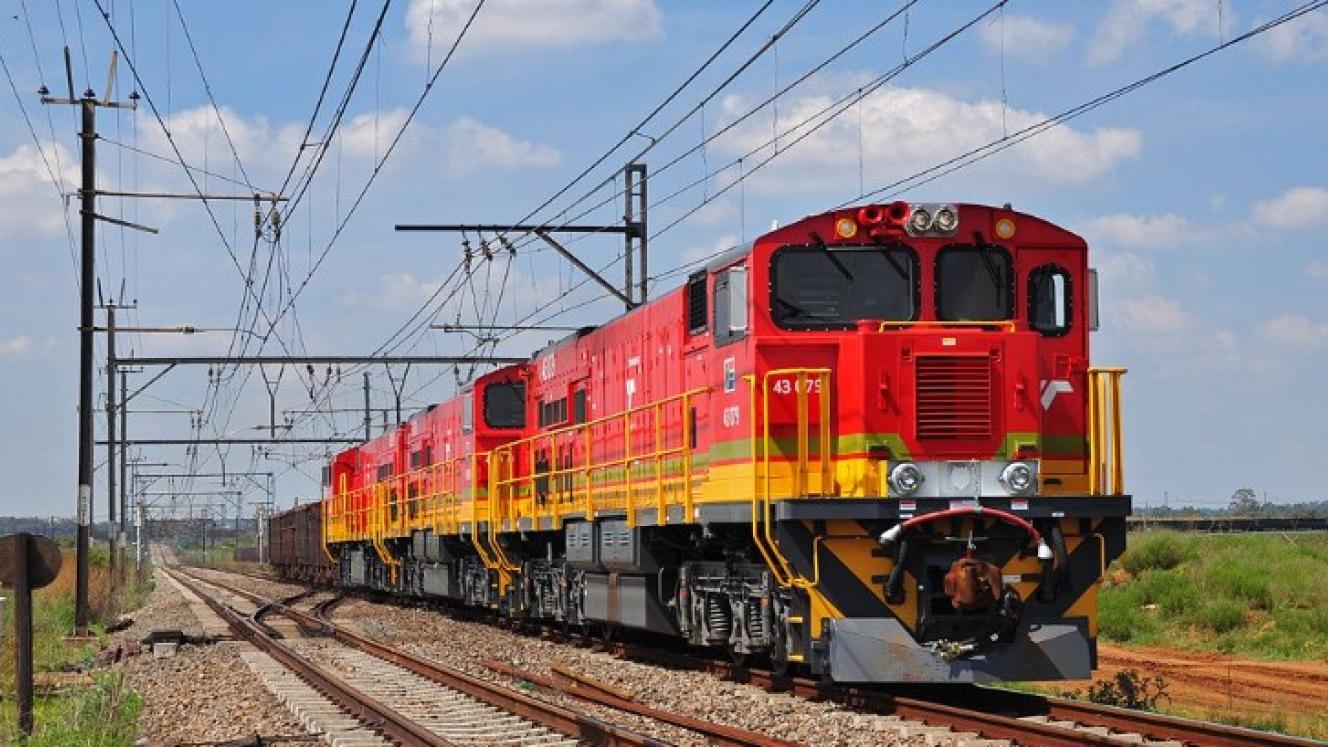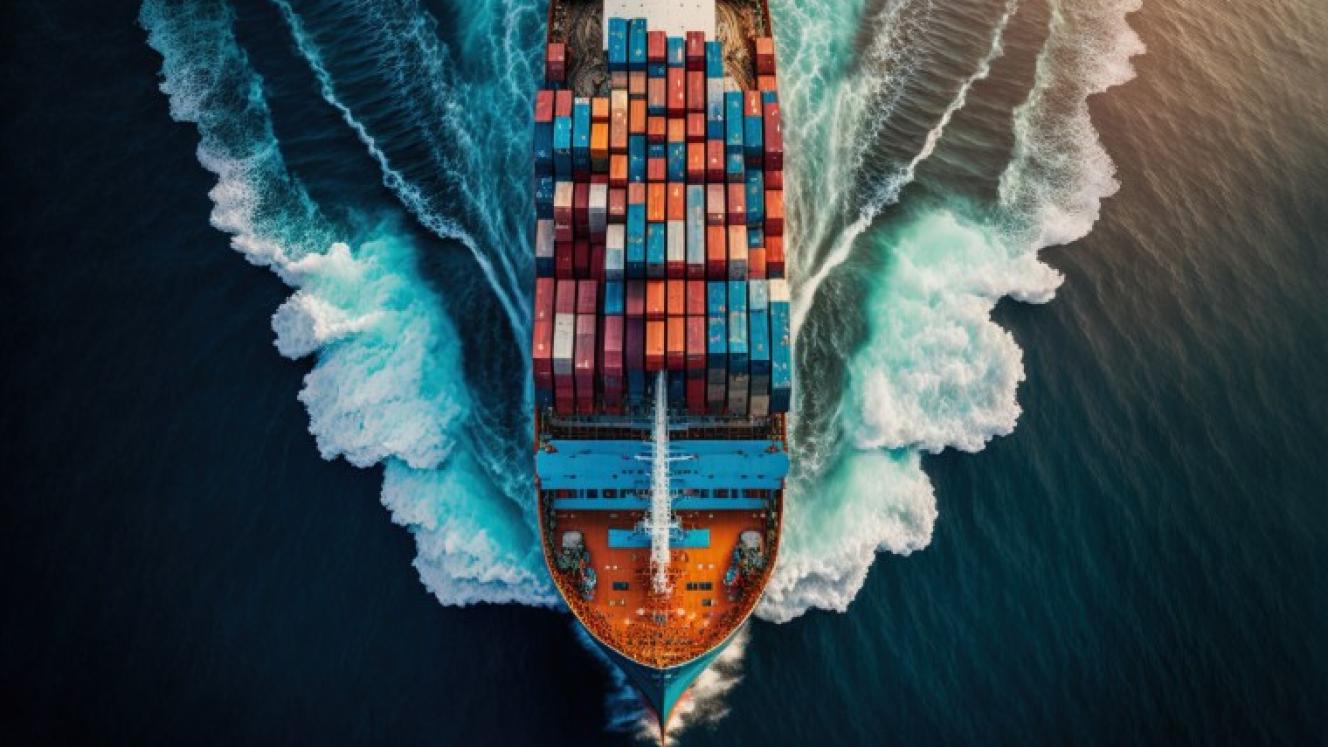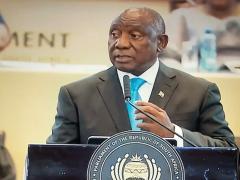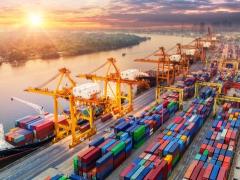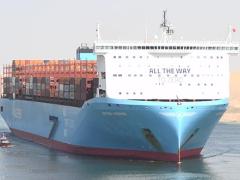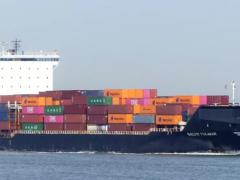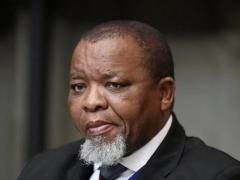Finance Minister Enoch Godongwana highlighted the importance of structural reforms in the logistics sector as key to unlocking economic growth in his 2025 Medium Term Budget Policy Statement (MTBPS).
Addressing Parliament this week, he said dysfunction in logistics had been “a drag on economic activity”.
“Reforms in freight logistics are gaining speed. Eleven private train operators now have slots on 41 routes across six corridors,” Godongwana said.
Port efficiency had also improved markedly, he added.
“Port efficiency is improving with vessel waiting times down 75%, while container handling is faster.”
He said that Durban Pier 2’s private operator involvement would “unlock R200 billion in investment over the next five years”.
According to his MTBPS, Treasury is set to launch an infrastructure bond targeting at least R15bn to finance projects under the Budget Facility for Infrastructure (BFI), which has been revamped to run four annual bid windows instead of one.
“The bond forms part of our efforts to introduce dedicated financing instruments that can mobilise cheaper financing to support our infrastructure agenda,” Godongwana said.
“These BFI windows allow public entities – from national departments to state-owned enterprises – to secure partial project funding, paving the way for private co-investment.”
So far, 28 proposals, with a combined capital value over R379.1bn, have been submitted in the first two quarters, with approvals granted for initiatives in science, water, sanitation and transport sectors, including major rail upgrades on the North and Iron Ore corridors.
The Department of Transport’s private-sector participation unit is driving momentum.
“Following strong interest from freight logistics requests for information, the unit will issue the first rail corridor request for proposal by December 2025, with others following in early 2026,” Godongwana said.
Passenger rail modernisation is also under way.
“The unit has issued requests for information for investment opportunities in modernising and growing the passenger rail system,” he said.
These initiatives form part of Operation Vulindlela’s Phase 2, which aims to dismantle binding constraints in logistics.
“These much-needed reforms in logistics will increase the volume of rail freight, reduce port congestion and improve the country’s economic performance,” Godongwana said.
